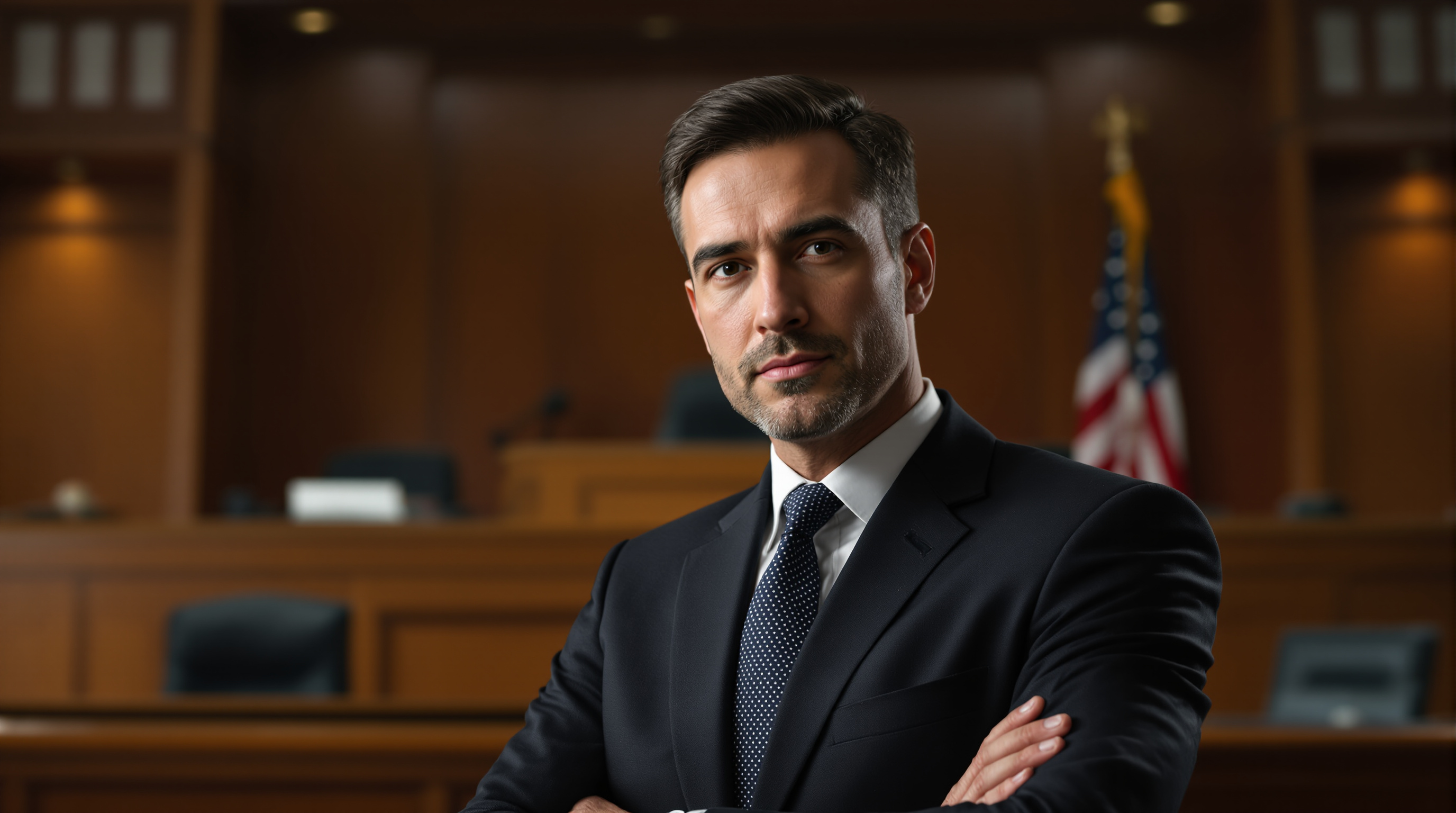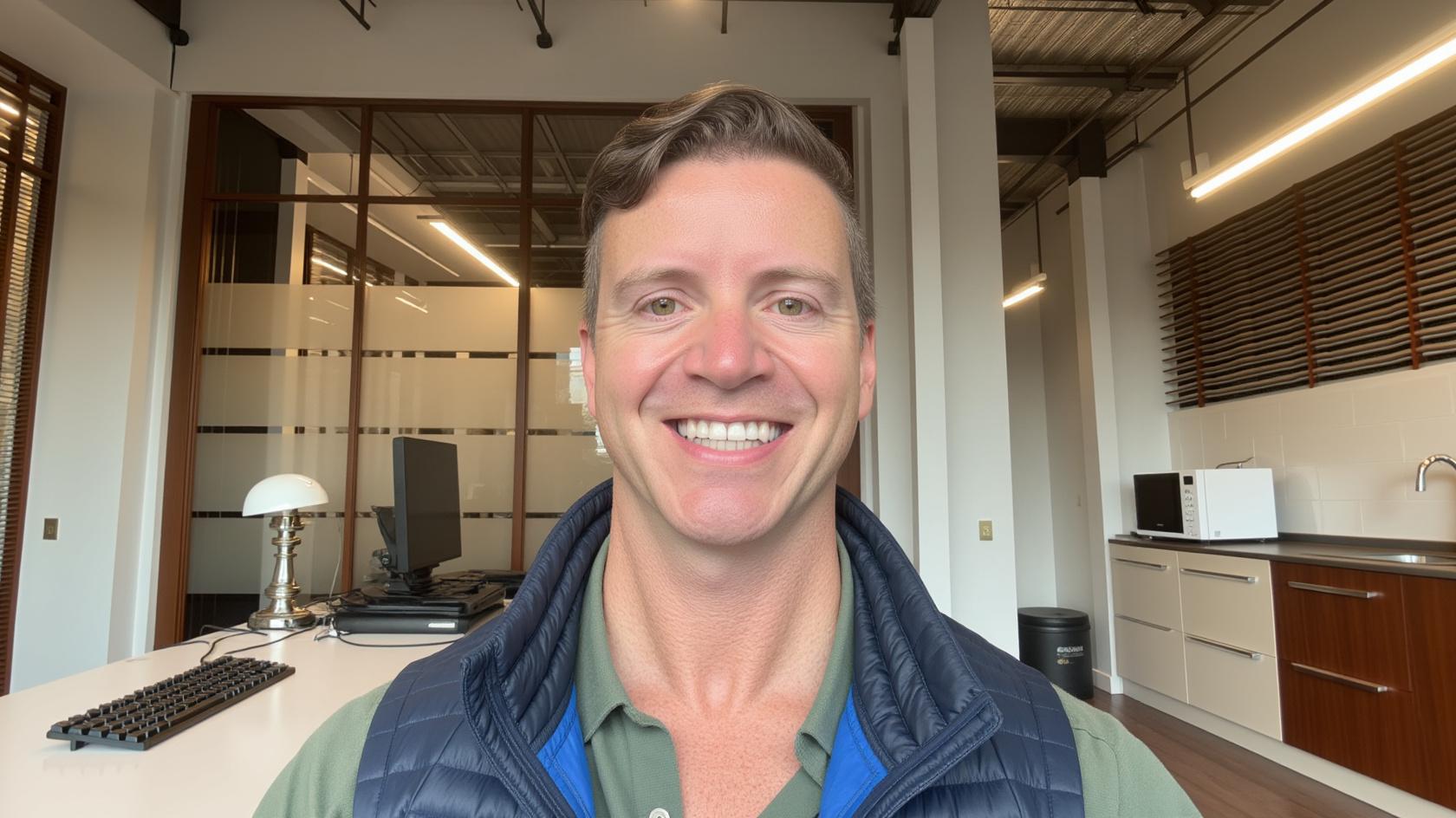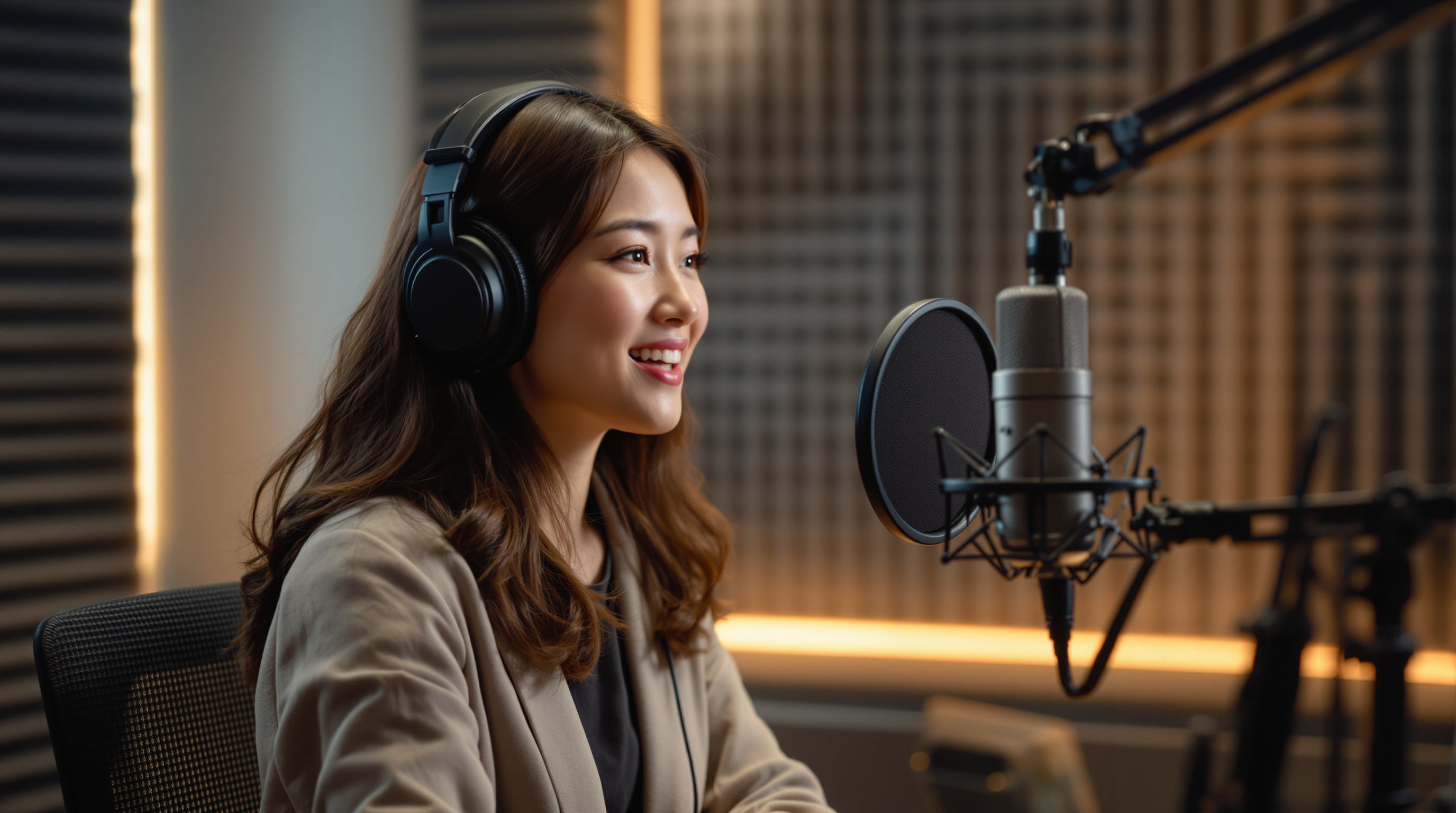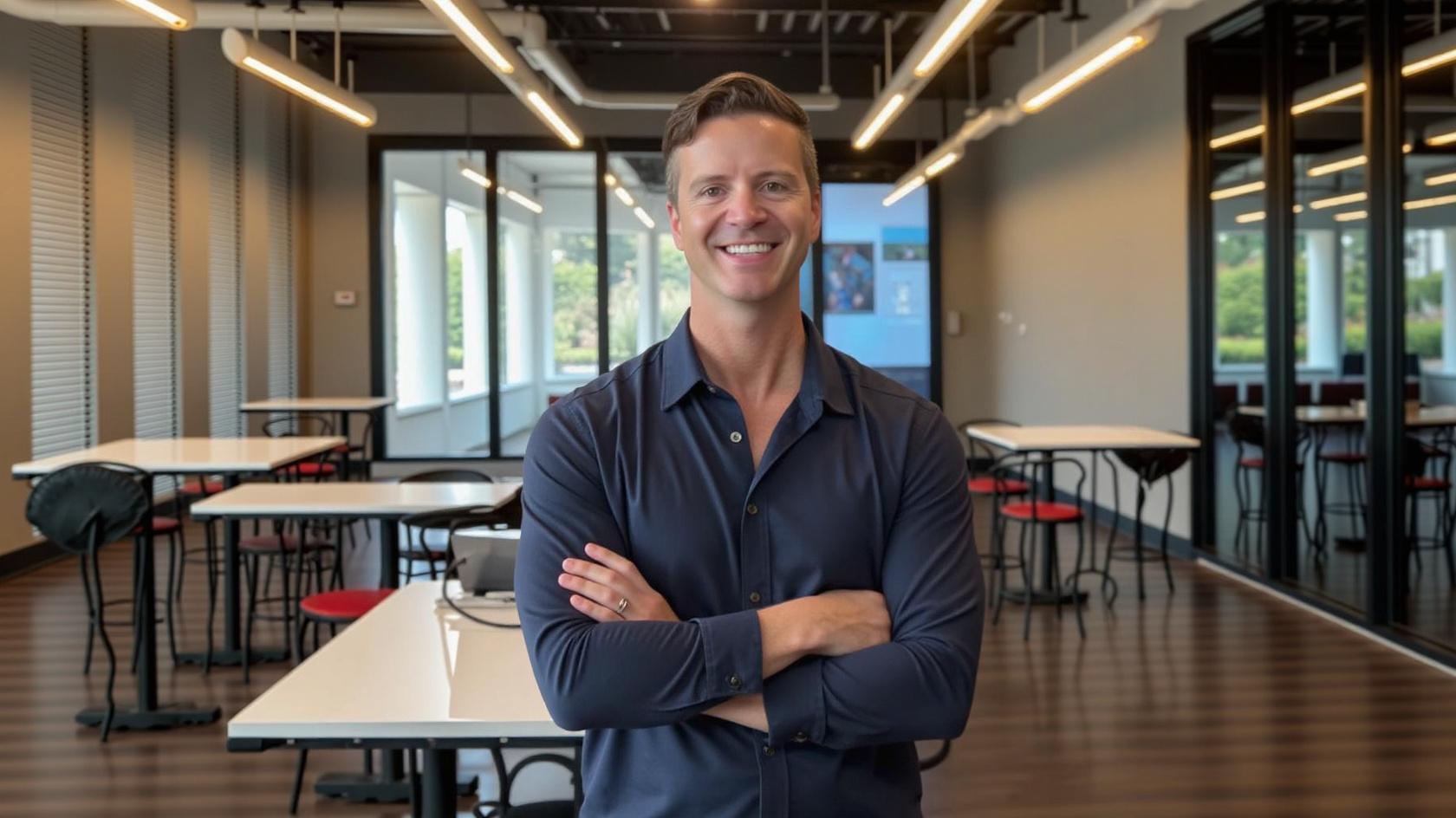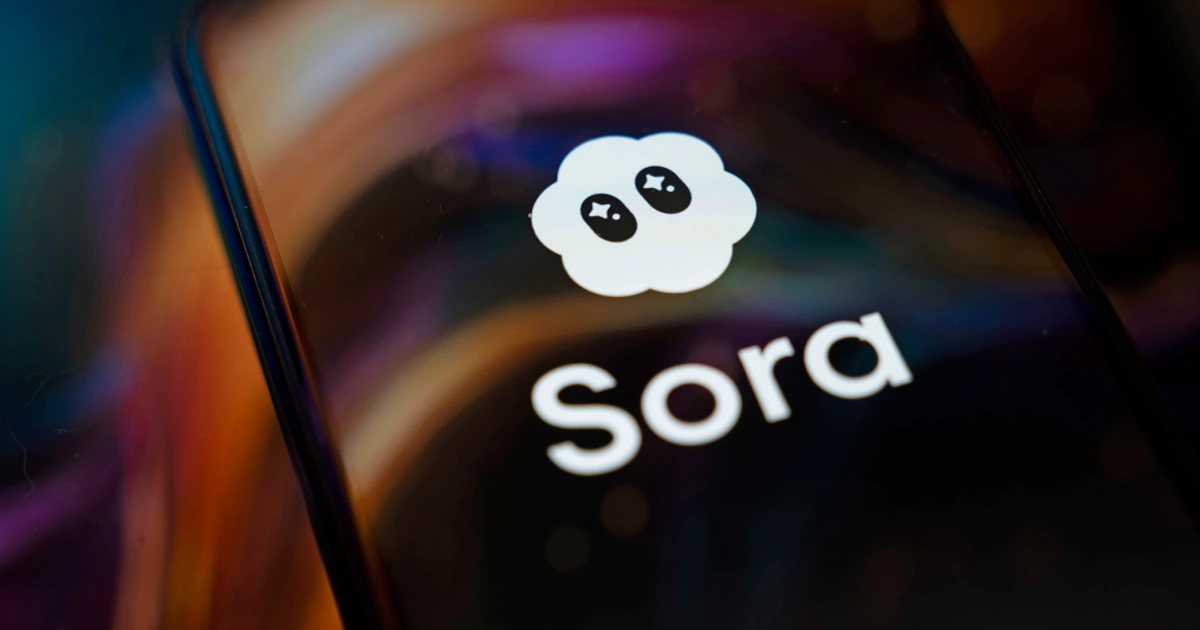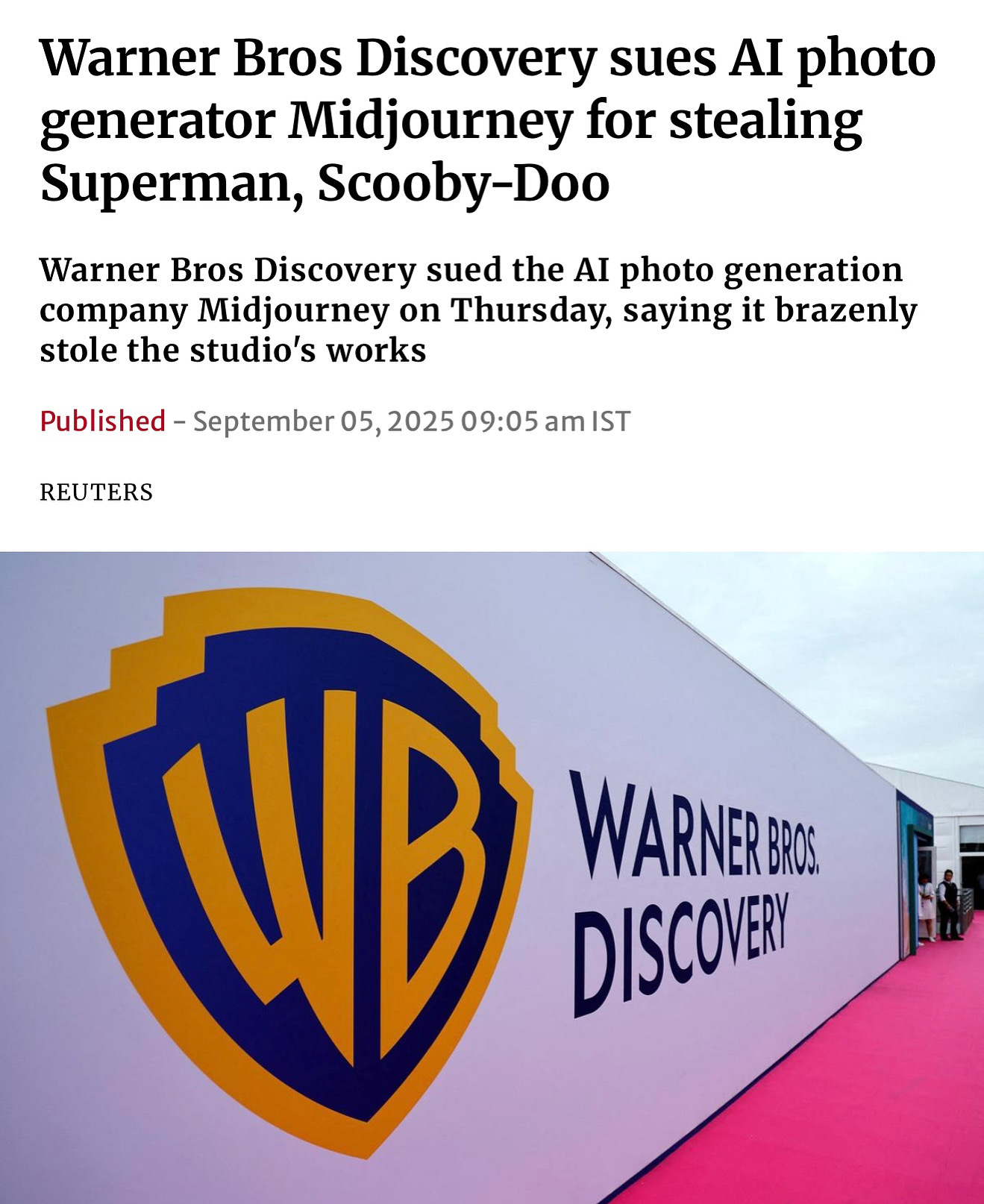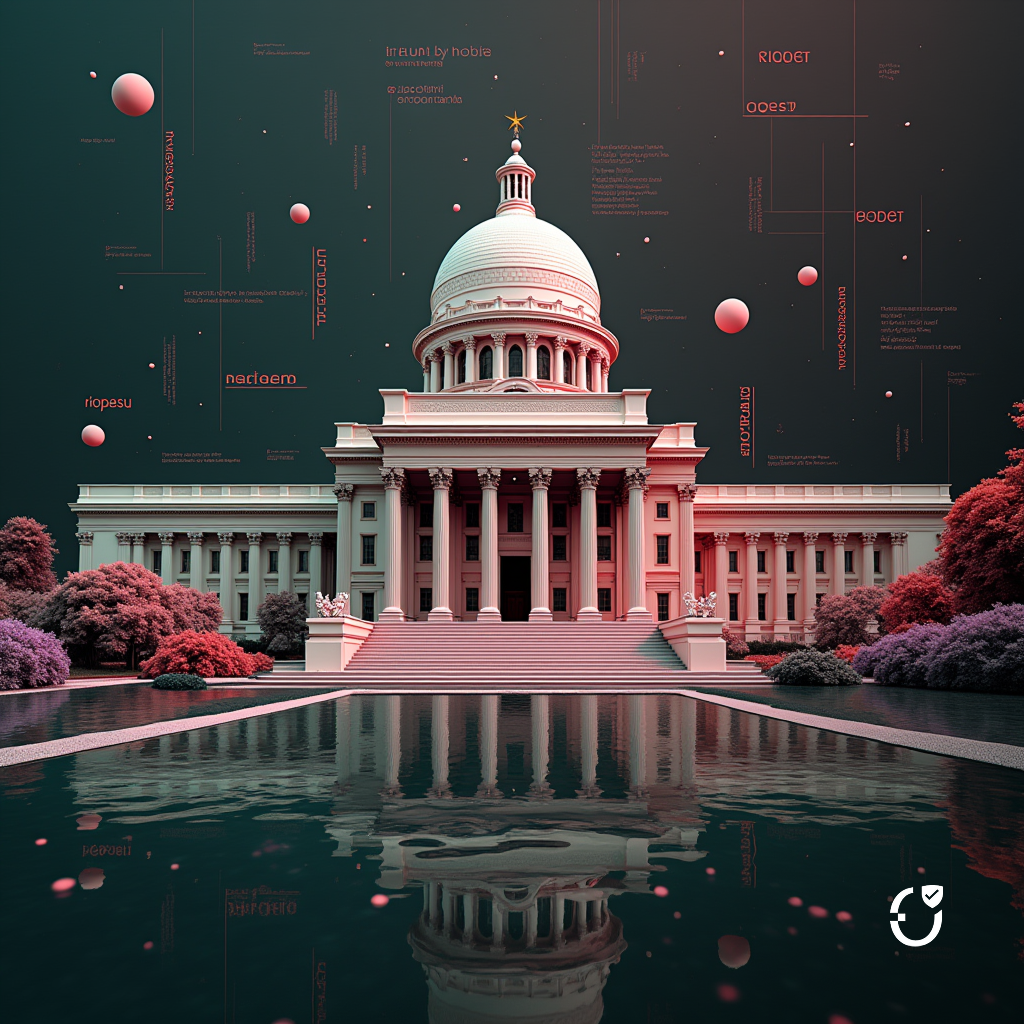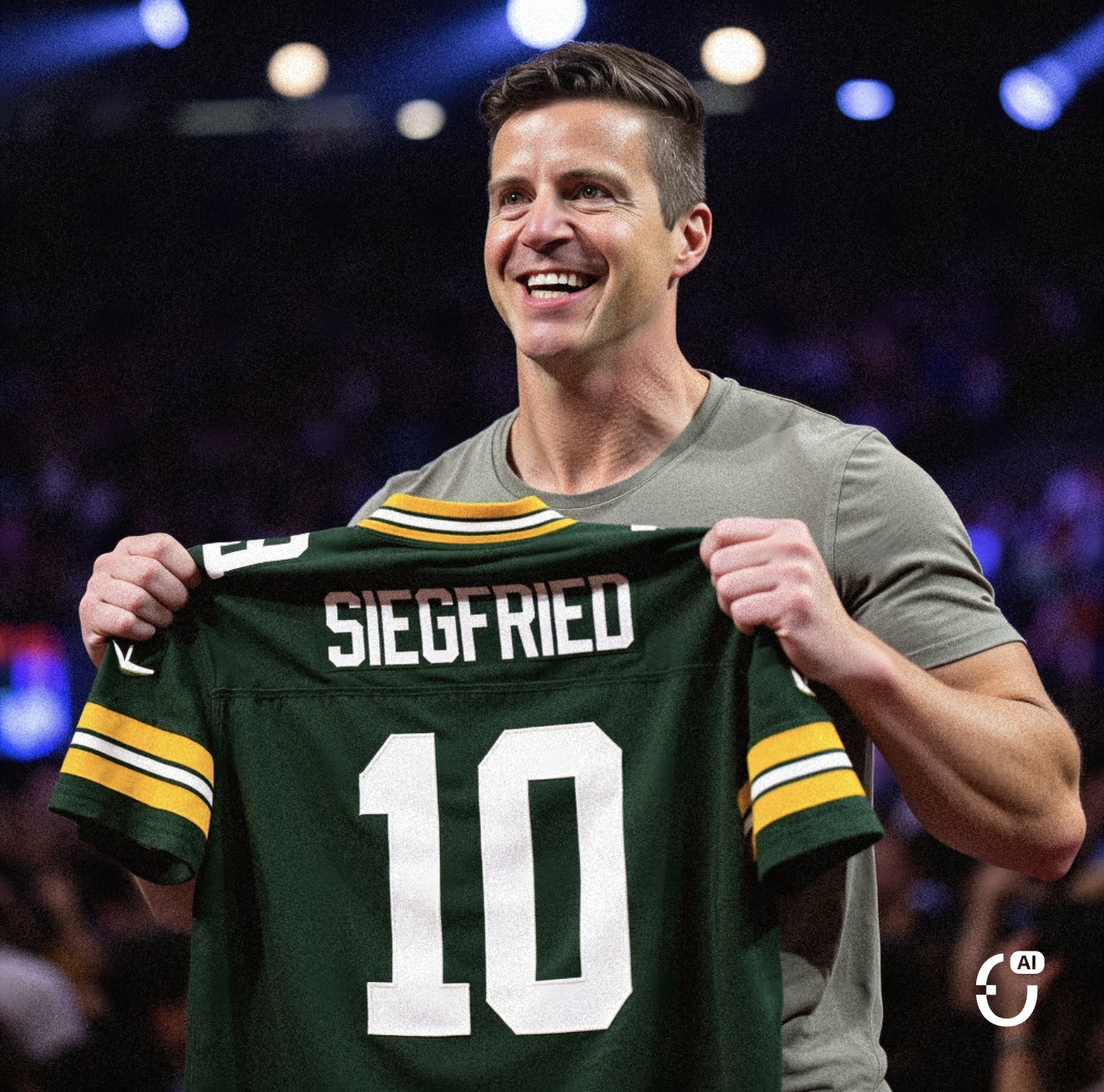The recent controversy surrounding Tom Hanks and unauthorized AI-generated content using his likeness perfectly illustrates the pressing issues we discussed in Part 1 of this series. Earlier this week, Hanks took to Instagram to warn his fans about deceptive online advertisements featuring an AI-generated vocal impersonation of the actor promoting "miracle cures and wonder drugs." This incident highlights the urgent need for solutions that protect individuals' rights to their name, image, and likeness (NIL) in the age of generative AI.
Hanks' experience is not isolated. We've seen similar cases with other celebrities sharing false AI-generated endorsements. These incidents underscore the potential for AI to be used maliciously to spread misinformation and scam unsuspecting individuals.
At Official AI, we’re developing an ecosystem for authenticity that directly addresses these challenges. Our platform enables authorized, authenticated AI content creation while protecting talent rights. By providing a secure environment for collaboration between talent, brands, and content creators, we ensure that AI-generated media featuring celebrities and public figures can be verified for provenance and authenticity. This approach not only protects individuals like Tom Hanks from unauthorized use of their likeness but also maintains trust in digital content for consumers. Now, let's delve deeper into how we can move forward in this complex landscape of AI and publicity rights.
Education and Collaboration
Education is vital. Many people, including technologists and talent, might not be aware of the right to publicity. Companies like Official AI play a crucial role in educating stakeholders about these rights and how to navigate them. There is also a need for industry standards and best practices to guide collaboration among lawyers, technologists, talent, and their representatives.
A comprehensive education initiative could include workshops, online courses, and resources tailored to different stakeholders. For technologists, this might involve understanding the ethical implications of AI development. For talent and their representatives, it could mean learning about the legal mechanisms available to protect their rights. By fostering a well-informed community, the industry can better navigate the challenges posed by new technologies.
Moving Forward: A Game Plan
Though the generative AI landscape is certainly a game in its early innings, recent legislative steps, like the NO FAKES Act and the Deep Fakes Act, are crucial initial moves. These laws provide a foundation for protecting against the most egregious misuse of someone's likeness, particularly in explicit content. Moreover, tying these protections to Section 230 of the 1996 Communications Decency Act can compel platforms to implement authentication mechanisms.
Handling disputes is another critical aspect. Many law firms are gearing up to represent individuals in right to publicity cases, similar to how they handle copyright lawsuits. However, not every dispute should end up in court. Providing the necessary information to manage disputes effectively can lead to proper use and reduce conflicts.
Establishing clear, accessible mechanisms for obtaining consent and verifying authenticity will help prevent misuse. Platforms like Official AI implement features that allow users to easily license content or verify the identity of those they wish to collaborate with. These systems are straightforward, reducing the likelihood of accidental infringement and encouraging proper use.
Moving Forward
The right to publicity is an evolving field, especially with the advent of generative AI and digital content creation. Protecting NIL rights is essential for maintaining the integrity of personal identities and fostering positive relationships between content creators and talent. By combining updated legal frameworks, technological solutions like Official AI's ecosystem for authenticity, and comprehensive education, we can navigate this complex landscape and ensure fair and ethical use of individuals' identities in the digital age.
As cases like Tom Hanks' demonstrate, the need for these solutions is immediate and pressing. At Official AI, we're committed to leading the way in creating a secure, transparent, and ethical environment for AI-generated content. By doing so, we not only protect the rights of individuals but also preserve the trust and integrity that are essential for the continued growth and innovation in digital media.



